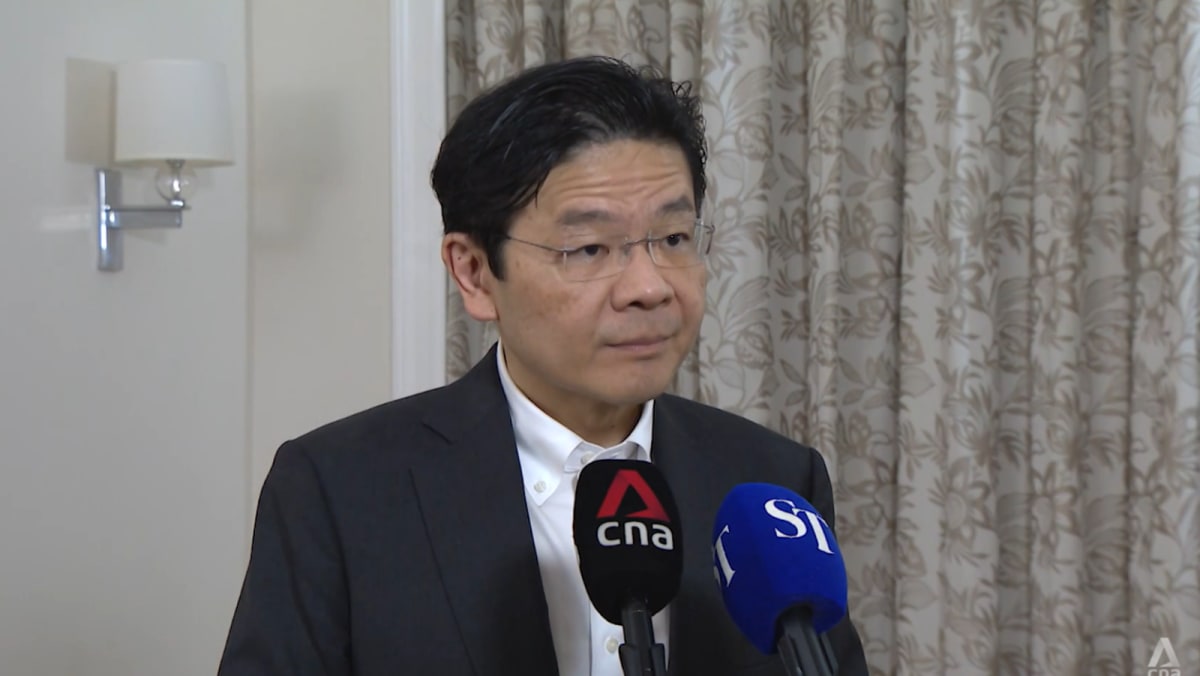Dr Chlebicki noted that it is often hard to tell definitively that patients will benefit from antibiotics based on clinical assessment, patient-specific factors, or condition severity alone.
However, dire complications can arise from belated prescriptions of antibiotics for those who genuinely need them.
The current standard is that doctors prescribe antibiotics on suspicion of pneumonia without waiting for confirmation, as some test results may take up to two days, he said.
“We cannot wait that long. If we wait without starting treatment and make a mistake, the patient can possibly get sicker, so the initial day or two in treatment of pneumonia are very crucial,” noted Dr Chlebicki.
“Yet, misusing antibiotics contributes to antibiotic resistance, posing challenges for future infection treatment. A tool like AI2D will be very helpful to guide doctors’ decisions before lab results are available.”
PRESCRIBING ANTIBIOTICS
The cautious attitude towards pneumonia treatment means many patients who were initially suspected to have the infection but later confirmed not to have one, would, in retrospect, have been prescribed antibiotics unnecessarily, Dr Chlebicki noted.
The pilot study revealed that last year, almost 40 per cent of antibiotics prescribed to patients to treat pneumonia at the onset may not have been necessary.
Going forward, the team, which is led by SGH’s Division of Pharmacy, will measure the system’s effectiveness in safely reducing antibiotic use in a comparative study involving 200 inpatients.
These patients will be randomly assigned to doctors who could use AI2D to figure out whether to give them antibiotics.













